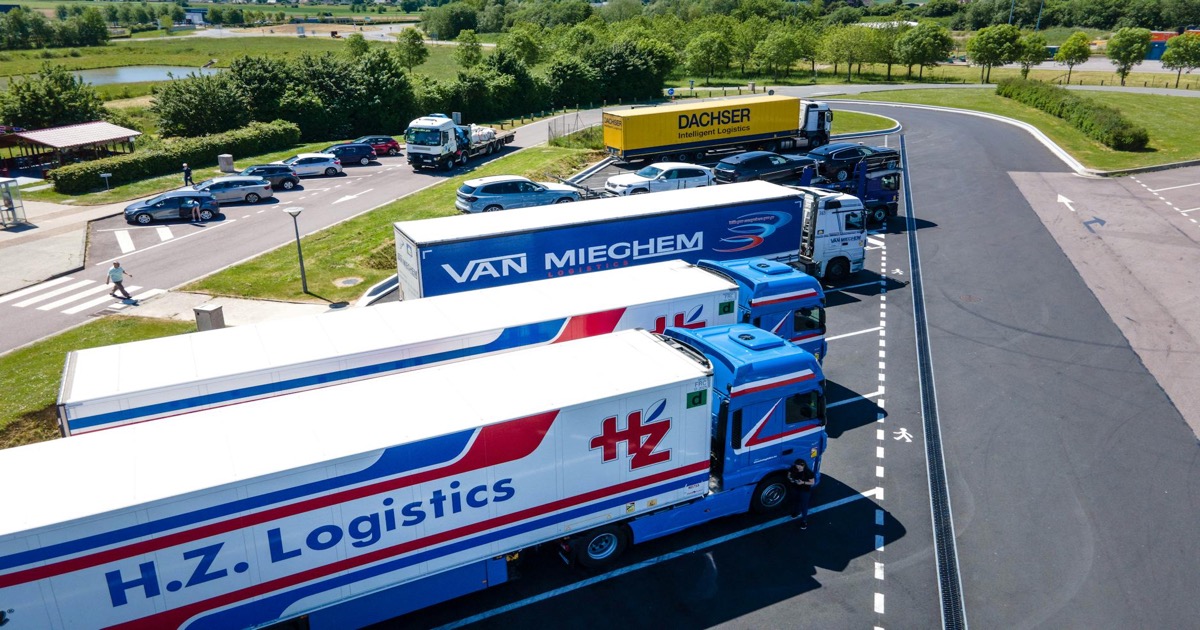CRM Mastery for SME Freight Forwarders: Unlocking Competitive Edges in Customer Engagement and Sales Efficiency

Implementing a tailored CRM system is a transformative move for Small and Medium Enterprises (SMEs) in the freight forwarding industry. It’s about enhancing customer relationships through personalized services, streamlined communication, and increased sales efficiency. Such a system enables SMEs to efficiently manage leads and opportunities, provide accurate and competitive quotations quickly, and harness data-driven insights for informed decision-making. This strategic approach goes beyond mere operational efficiency; it elevates cost-effectiveness, sharpens the competitive edge, and equips businesses with the scalability needed for sustainable growth in a rapidly evolving market.
1. Enhanced Customer Relationships
Personalized Service:
By utilizing a CRM system, SMEs can tailor services to individual clients based on historical interactions and preferences logged within the system. This personalization can significantly enhance customer satisfaction and loyalty.
Improved Communication:
CRM systems provide platforms for streamlined communication between your sales team and clients, ensuring that all parties are well-informed and on the same page.
2. Increased Sales Efficiency and Effectiveness
Lead and Opportunity Management:
CRM systems help in managing leads and opportunities more efficiently, ensuring timely follow-ups and a higher conversion rate which is crucial for SMEs operating with limited resources.
Accurate Quotations:
With real-time rate management, sales teams can provide accurate and competitive quotes swiftly, enhancing the chances of winning business.
3. Better Decision Making
Data-Driven Insights:
CRM analytics provide invaluable insights into sales performance, customer behavior, and market trends, empowering SMEs with the data required for informed decision-making.
Performance Monitoring:
Sales managers, with the help of CRM analytics, can effectively track the performance of individual team members. This tracking is not just about monitoring; it’s about identifying areas of improvement and strategically aligning training or resources accordingly. Additionally, these analytics play a critical role in enabling more informed customer selection, ensuring that sales efforts are directed towards the most promising leads and opportunities.
4. Operational Efficiency
Automated Processes:
Automation of routine tasks such as data entry and follow-ups frees up valuable time, allowing the sales team to focus on strategic sales initiatives.
Centralized Document Management:
Having all necessary documents in a centralized repository facilitates quicker responses to client inquiries and ensures everyone has access to the latest, most accurate information.
5. Cost-Effectiveness
Reduced Operational Costs:
By streamlining and automating many sales processes, SMEs can reduce operational costs, a crucial factor for smaller enterprises operating with limited budgets.
Better Resource Allocation:
SMEs can allocate resources more effectively by utilizing the CRM to prioritize high-value opportunities and manage customer interactions efficiently.
6. Competitive Edge
Stay Ahead in the Market:
In a competitive market, having a CRM system that provides real-time updates, accurate quotations, and personalized services can give SMEs a significant edge over competitors.
Compliance and Professionalism:
Ensuring compliance with customs and other regulations through the CRM, along with presenting a professional interface through client portals, elevates the brand image and trustworthiness of the SME in the market.
7. Scalability
Ready for Growth:
As the business grows, a good CRM system can scale with it, ensuring that the increasing customer base and sales activities are managed effectively without a proportional increase in operational complexity.
Implementing a tailored CRM system is a strategic investment that can drive substantial benefits for SMEs in the freight forwarding industry. By enhancing customer relationships, improving sales efficiency, and providing data-driven insights for better decision-making, SMEs can significantly bolster their competitive stance and set a solid foundation for sustainable growth.


